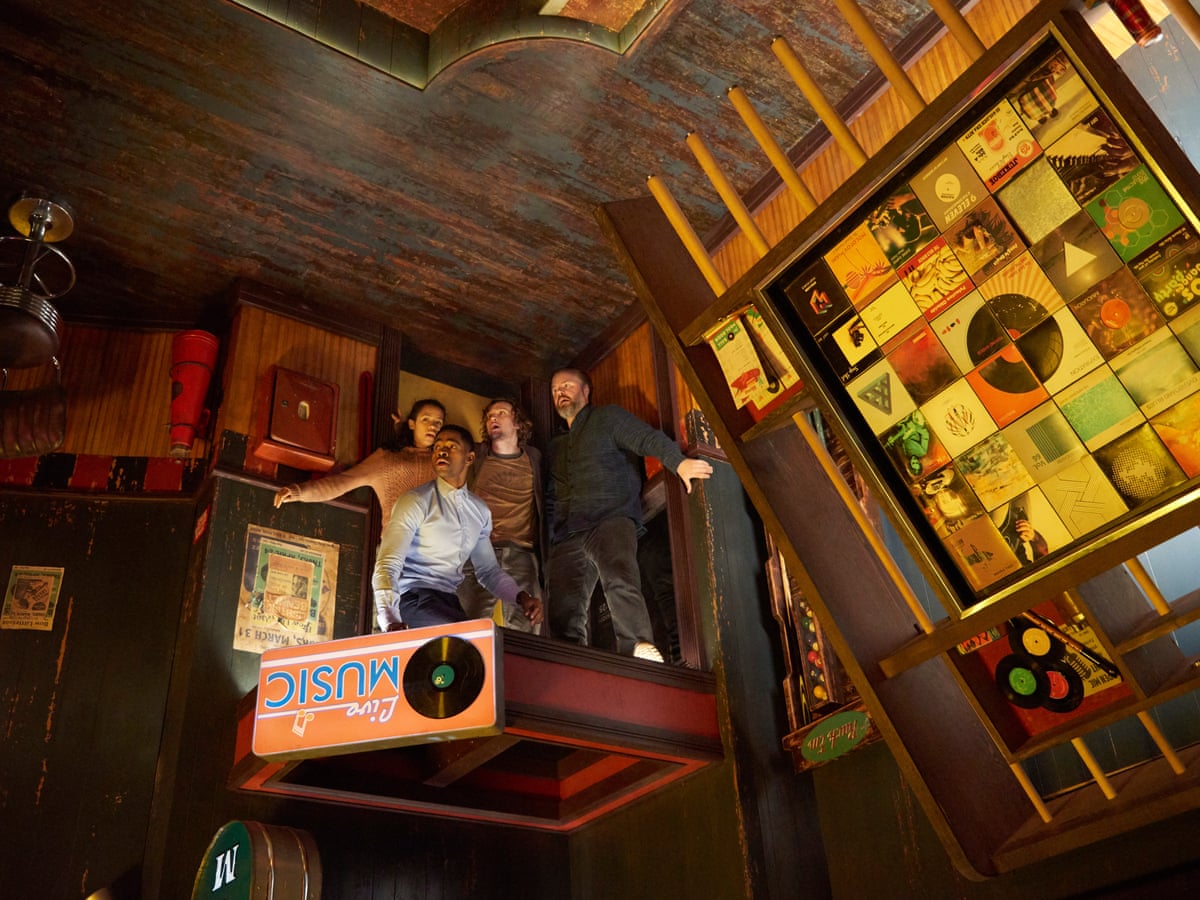Escape Room Minneapolis Mall of America-- Immersive and Fun
Escape Room Minneapolis Mall of America-- Immersive and Fun
Blog Article
Team Strategies: Exactly How to Collaborate Effectively in an Escape Space
Groups should actively listen to each member's insights, assign functions that align with private strengths, and keep normal check-ins to make certain emphasis and protect against redundancy. By fostering an environment that values communication and adaptability, teams can significantly enhance their effectiveness and success prices.
Establish Clear Communication

To promote clear communication, it is essential to mark a main factor of contact for information dissemination. Short, focused updates from each team participant can maintain the team informed without frustrating them with info.

Assign Duties Strategically
While clear interaction establishes the structure for reliable synergy, assigning roles tactically ensures that each employee's strengths are made use of efficiently. In an escape area scenario, the time-sensitive and complex nature of obstacles necessitates an efficient method to job delegation. By determining and leveraging individual proficiencies, teams can enhance their analytic capacities and boost general efficiency.
Somebody with an eager eye for detail might stand out in locating concealed items, while a logical thinker can be better matched to addressing puzzles. This function commonly requires solid organizational and interpersonal skills.
2nd, guarantee that duties are versatile and versatile. As brand-new obstacles arise, the group must be able to pivot, reapportioning tasks as called for. This adaptability assists keep energy and stops bottlenecks that can occur due to rigid role tasks.
Eventually, a calculated technique to role assignment not only makes the most of the strengths of each staff member however also cultivates a cohesive setting, driving the team in the direction of a successful escape.
Utilize Diverse Abilities
Identifying and using the varied abilities within your group can substantially raise your efficiency in an escape area. Each staff member brings distinct toughness to the table, and successfully leveraging these capabilities can accelerate problem-solving and enhance general efficiency. A team participant with strong analytical skills may stand out at understanding complicated codes or patterns, while another with her response eager empirical capabilities might promptly detect covert clues that others might ignore.
Efficient interaction is crucial to making use of these varied abilities. Encourage employee to articulate their insights and ideas without delay, making sure that all prospective services are taken into consideration. This inclusive approach promotes a vibrant environment where creativity and critical thinking can prosper. Additionally, appointing tasks that line up with each member's strengths can avoid bottlenecks and make sure that development is continual.
In addition, variety in skills often converts to variety in thinking styles, which is very useful in a getaway room setup. While some challenges may call for logical reasoning and accuracy, others could profit from imaginative and lateral thinking. By identifying and leveraging this variety, teams can deal with a more comprehensive series of difficulties better, thus enhancing their possibilities of an effective escape.
Manage Time Efficiently

First, allocate preliminary minutes for a quick survey of the area. Recognize noticeable puzzles and divide jobs based upon employee' staminas, making certain that nobody is still. Set internal time checkpoints to examine development regularly; for example, aim to have half the challenges fixed by the mid-point of the video game. This technique can aid keep the team focused and prevent time from slipping away unnoticed.
Furthermore, avoid one-track mind. If a problem is taking as well long, turn employee or proceed to another obstacle, returning later on with fresh point of views. Communication is extremely important-- keep every person updated on resolved challenges and remaining jobs to prevent redundant initiatives.
Last but not least, utilize any kind of tips or hints sparingly but tactically - best escape room. Knowing when to request for assistance can save valuable time. By adhering to these time management principles, groups can significantly enhance their chances of a successful and pleasurable retreat room experience
Debrief and Mirror
Reflection is an essential aspect of group advancement and renovation in the context of escape areas. As soon important site as the difficulty is completed, whether efficiently or not, it is critical for the team to participate in a structured debriefing session. This procedure allows staff member to examine their performance, recognize toughness, and pinpoint areas for enhancement.
Start the debrief by discussing what went well. Highlight details circumstances of effective interaction, analytical, and collaboration. Recognizing these positive habits strengthens them and encourages their repetition in future difficulties.
Next, resolve the challenges experienced. Discuss minutes of confusion, miscommunication, or inadequate techniques. Motivate an open and useful dialogue where employee can share their viewpoints without worry of criticism. This cultivates a society of continuous improvement and learning.
Final Thought
In conclusion, successful cooperation in a retreat area is asserted upon clear interaction, tactical duty assignments, the effective use of diverse skills, and efficient time management. By developing a natural and adaptive group setting, the likelihood of successfully addressing challenges and accomplishing the goal of getting away the space is substantially boosted.
Report this page